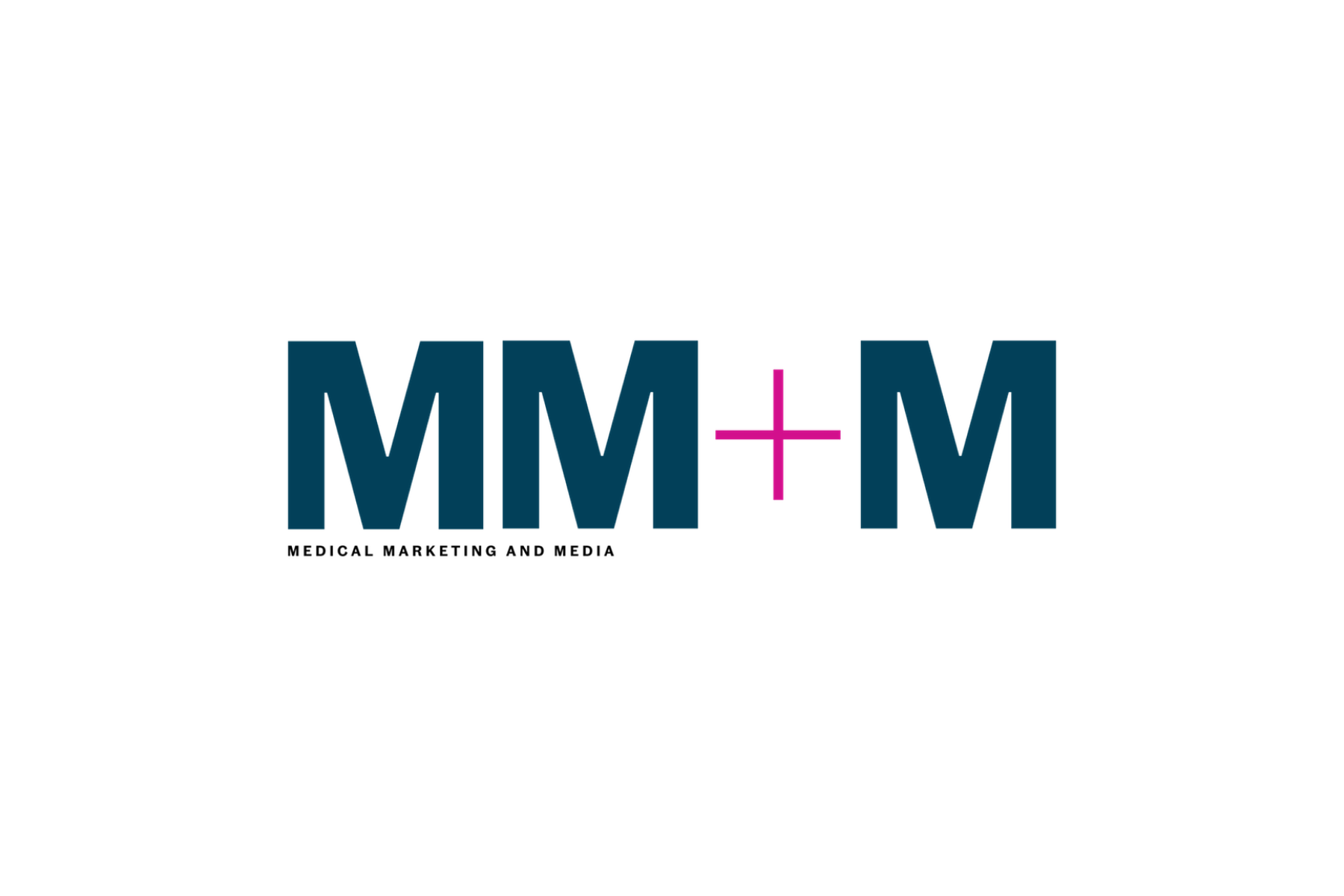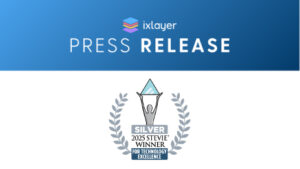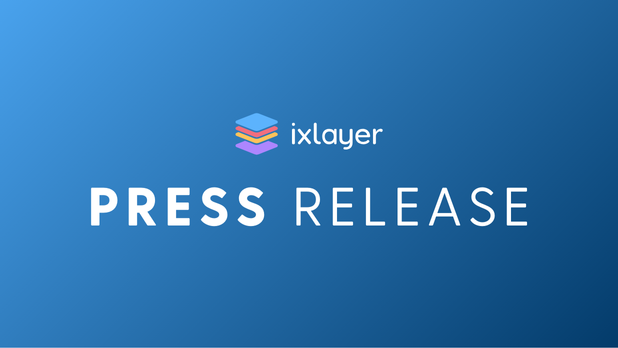This article was originally published in Medical Marketing and Media (MM+M).
Overall, the vast majority of physicians support the incorporation of at-home diagnostic testing into the healthcare system.
More than 80% of healthcare professionals (HCP) believe at-home testing can increase the pace of the care continuum but still hold some reservations about the veracity of this technology’s results.
Ixlayer, in a partnership with DHC and Sermo, released a study of physicians regarding at-home diagnostic testing Tuesday morning. The survey polled more than 140 physicians spanning different specialties nationwide.
The study analyzed how advanced medical technology has become increasingly accessible in the wake of the COVID-19 pandemic, which forced many aspects of the care journey to go beyond the four walls of the hospital.
Over the past four years, patient care has surpassed the limitations of in-person visits and expanded into the virtual world, with providers now offering online appointments, consultations and at-home diagnostic testing.
The study found physicians have largely been receptive to these changes, with nearly 90% saying at-home testing improves patients’ access to diagnostic services.
Eighty-four percent of respondents said it is important for at-home testing results to be directly routed to their office, while 80% think at-home diagnostic testing would improve current provider workflows.
Overall, the vast majority of physicians support the incorporation of at-home diagnostic testing into the healthcare system.
However, there are still some noticeable disparities between support and trust.
Just over 60% of physicians believe that at-home diagnostic tests are reliable and trust the process of result generation.
That represents a nearly 30% gap between the amount of physicians who would provide at-home diagnostic testing to their patients and those who trust the accuracy of those results.
Bernard Esquivel, MD, PhD, clinical innovator at Ixlayer told MM+M this discrepancy is likely due to a lack of clear understanding by HCPs about the approval process of these at-home diagnostic testing programs.
He added that this represents an HCP’s natural caution in the face of burgeoning medical innovation.
Esquivel said at-home diagnostics are comparable to services rendered at brick-and-mortar healthcare facilities due to following similar regulatory guidelines.
Though there is some skepticism among HCPs regarding the accuracy and reliability of the tests, most physicians believe there is a place for at-home diagnostic testing in the future of the industry.
Esquivel said a further embrace of at-home testing could help physicians walk away from the traditional ‘sickcare’ approach to care and lean into a more preventative approach.
“Providers can do something to avoid or delay patients from getting sick,” he said.
There are likely many reasons for this embrace by clinicians, namely that the utilization of at-home testing empowers patients to be more proactive about their health and receive a diagnosis as early as possible.
Another consideration is the looming physician shortage crisis, which is expected to result in a shortage of nearly 50,000 primary care physicians over the next decade by some estimates.
The adoption of at-home testing and a more virtual friendly care experience could serve as a combatant to this crisis, Esquivel argued.
This ultimately allows patients – regardless of their geographic location or distance from a hospital – to access care while also freeing up time for the physicians to treat more patients.
As the post-pandemic landscape continues to take shape, Esquivel said he expects at-home diagnostics to be a key component of patient care for the long haul.
“After COVID, HCPs noticed the value of digital platforms for enabling access and supporting a patient’s journey to get better services and a prompt diagnosis,” he said.
CLICK HERE to learn more about how ixlayer works with biopharma leaders to integrate a complete end-to-end, direct-to-patient experience into their marketing campaigns.
About ixlayer
ixlayer is the only end-to-end, direct-to-patient platform built for biopharma and optimized for patient choice. We help biopharma companies connect with patients from testing to treatment with speed, transparency, control and impact.







